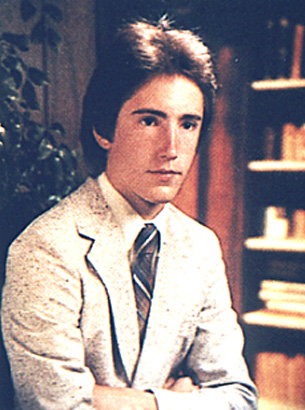(Reposted in this community cuz I didn’t get any responses in the original community that I posted this under)
This is how I understand the communist utopia: Workers seize means of production. Means of production thus, start working for the proletariat masses rather than the bourgeoisie class. Thus, technological progress stops being stifled and flourishes. Humanity achieves a post scarcity-like environment for most goods and services. Thus, money becomes irrelevant at a personal level.
In all this, I can’t see how we stop needing a state. How can we build bridges without a body capable of large scale organisation? How would we have a space program without a state for example? I clearly have gotten many things wrong here. However, I’m unable to find what I’ve gotten wrong on my own. Plz help <3
Edit: Okay, got a very clear and sensible answer from @Aidinthel@reddthat.com. Unfortunately, I don’t know how to link their comment. Hence, here is what they said:
Depends on how you define “state”. IIRC, Marx drew a distinction between “state” and “government”, where the former is all the coercive institutions (cops, prisons, courts, etc). In this framework, you need a “government” to do the things you refer to, but participation in that government’s activities should be voluntary, without the threat of armed government agents showing up at your door if you don’t comply.
Wrong answers only:
You’re only allowed to program in pure functional languages. Hence the name “Standard ML”.
Haskell is a secret communist spy…
There are different ideas how (and if) this could work. E.g. worker’s councils that form at a factory level (or similar - people who are working closely together), and then you might have higher levels of cooperation where e.g. all roadworking collectives in a region send delegates to coordinate who builds which road, what roads are even necessary etc. You’d probably want cooperation in another dimension as well: delegates of road working collectives coordinating with teamsters, urban planners, manufactureres of building materials, … But it would be networks of networks, not a top-down structure responsible for everything from kindergartens to space exploration and equipped with military and police power.
You might want to check out The Disposessed by Ursula K. LeGuin or bolo’bolo by P.M. for some more ideas.
The problem I have always seen is how do you deal with bad actors in general? It always eventually comes down to force.
No police or military just means that eventually some one will come in and take over.
People will have to be vigilant. But they have to be now as well - having a state does not provide safety against the rise of fascism or global corporations trashing our planet, as we can see.
That is of course something people must (re-)learn through practice. We can’t just “abolish the state” and expect people to suddenly have all the skills needed for self-organizing.
The question here is just is a self organized posse better than the state police? I guess there’s a reason that kind of went away in the west as it became less “wild”. And we see what self protection or self enforcement leads to in many reports in the US. It’s differently crappy / violent but not obviously better.
deleted by creator
Anarcho-capitalism is just a can of worms. Capital represents power hence an uneven allocation of them, i.e. capitalism, is incompatible with anarchism.
deleted by creator
Yes. Incoherent ideologies like this are often just covering up some really bad ideas.
I can’t imagine wanting to be ruled by corporations.
Well, the communist utopia is stateless, no?
deleted by creator
Many would say that stateless socialism is the premise of Anarchism. Stateless largely refers to organizing hierarchies horizontally over vertically, and this is due to the overarching critique that vertical hierarchies result in corruption and rank inequality. Check out Communalism and the works of Murray Bookchin if you’d like to know more. There’s also a fair amount of talk about “pure democracy/direct democracy” in these circles and personally I think that Digital Direct Democracy could be the cure for the cancer in all the worlds modern democracies, if it ever takes off somewhere.
YESSS!!! I HAVE AN ENTIRE MANIFESTO ON DIGITAL DIRECT DEMOCRACY!!! The only part that stumped me was how it could be stateless (I was confusing “state” with “government”).
Check out Revolution in Rojava: Democracy Autonomy and Women’s Liberation in Northern Syria. It outlines how the MGRK system works as a stateless structure of governance.
It’s almost like communism could never work.
Unlike unfettered capitalism, which has worked so well! /s
It’s propagated itself across the entire world and overtaken opposition repeatedly so I’d say in every way that matters, yes but unironically.
And this isn’t praising capitalism, this is stating that your alternative had better be more robust than the current most robust system in existence.
“You don’t agree with one extreme, so you must agree with the opposite extreme!”
Where did I say it had?
No I get the communist utopia. As I said, I believe it is supposed to be a society that has achieved post scarcity. I can easily see humanity reaching that stage soon enough (relatively). I just can’t understand how statelessness is involved here.







